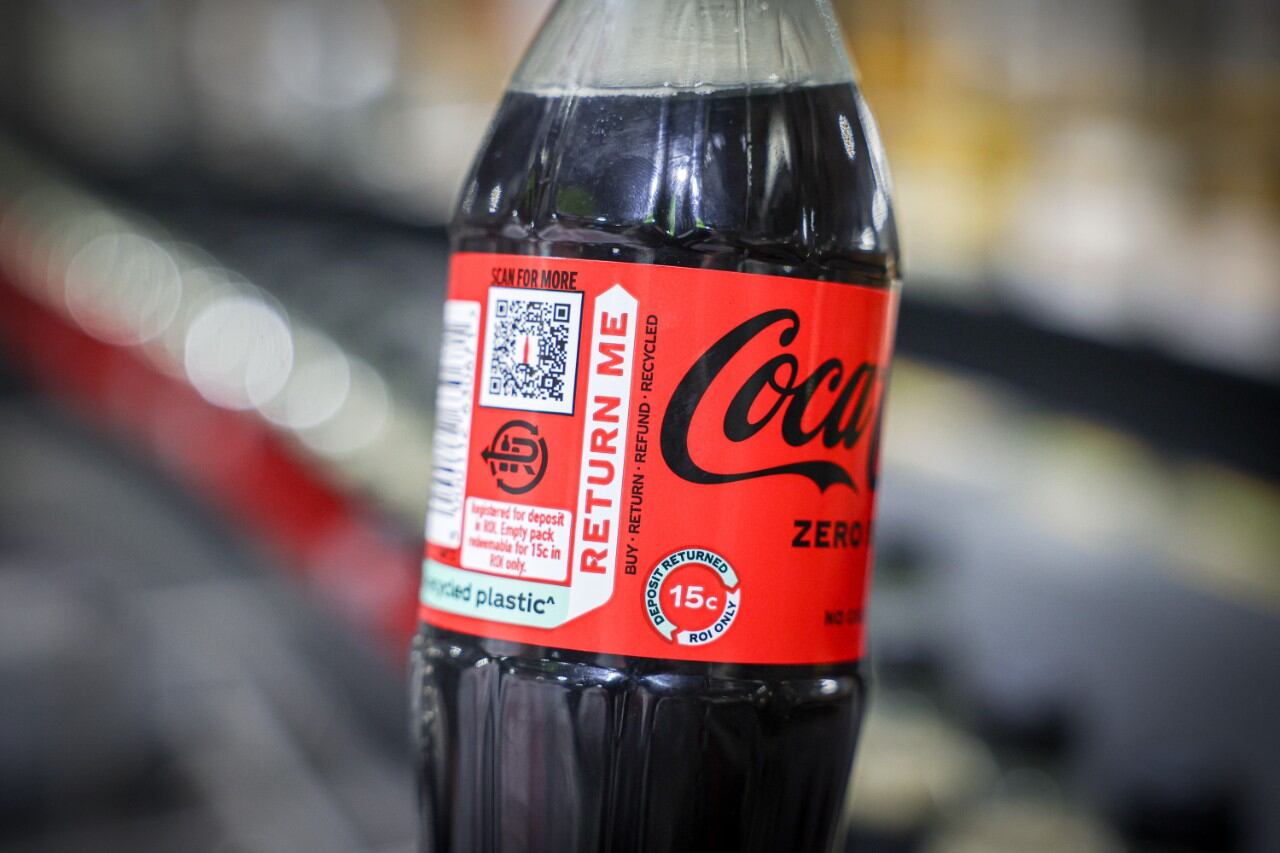This week, a review of UPFs – published in The Lancet – warned that UPFs are linked to harm in every major organ system of the human body and pose a huge threat to human health.
It is just the latest study to raise concerns about UPFs: essentially foods which are cheap, highly-processed foods in contrast to the fresh, nutrient foods the body needs.
But the reports also push for stronger regulations around UPFs.
From soda taxes to UPF taxes
The series in The Lancet once again takes aim at Big Food, saying that the UPF industry ‘generates enormous revenues that support continued growth and fund corporate political activities to counter attempts at UPF regulation’.
In the US and UK, more than half of the average diet now comes from UPFs, says the study. People in disadvantaged areas may have a diet of up to 80% UPF.
It outlines several priority actions: mandatory front-of-pack warning labels; bans on marketing aimed at children; restrictions on these types of foods in public institutions, and higher taxes on UPFs.
This will sound very familiar to the beverage industry.
High-sugar beverages (themselves technically considered a UPF) face higher taxes in a number of jurisdictions around the world. In the UK, HFSS marketing regulations restrict where and when high sugar products can be marketed.
San Francisco has trialed warning labels on soda, highlighting the link between added sugars and obesity, diabetes and tooth decay. And an increasing number of schools, universities and public institutions have banned the sale of energy drinks or soda on site.
The food industry might be unnerved by the anticipation of potential UPF regulations: but, in many ways, the beverage industry already knows what to expect.
Soda taxes
Mexico introduced its soda tax in 2014: trying to address a huge sugary beverage consumption in the country. Since then, similar taxes have emerged in more than 108 countries and various states and cities in the US. However, these have not been without controversy. In a number of situations, the beverage industry has put up a big fight; in others, voters have declined the measure (such as in Santa Fe in 2017).
The problem with UPFs, notes The Lancet, is that they tend to be inexpensive in both absolute terms, and in comparison with non-UPF equivalents. Product prices greatly affect purchases: therefore, levies increase the price of unhealthy foods.
And that’s – broadly – been the basis of sugar taxes around the world: to try and make cheap, sugary drinks more expensive to discourage consumption, and to encourage healthier choices at the same time (yes, soda taxes can be an instrument to raise government revenue, but today most income is directed towards public health programs).
To date, almost all food tax policies have targeted sugar-sweetened beverages. That’s because soda and sugary drinks are often products with ‘empty calories’ – products containing calories for no nutritional gain. And in many countries, they represent a top contributor of sugar in people’s diets.
Meanwhile, sugar puts consumers at increased risk of chronic diseases such as type 2 diabetes, heart disease, and non-alcoholic fatty liver disease.
And – perhaps crucially – people know that sugary drinks are unhealthy: so they understand why such drinks are taxed.
Studies have found that volume-based taxes provide greater revenue, but tiered taxes or those based on grams of sugar are likely to have stronger dietary impact: primarily because they encourage reformulation. A case study in point is the UK’s sugar tax.
What’s next for UPFs?
This movement is now extending to UPFs.
The Lancet studies published this week warn that UPFs are linked to harm in every major organ system of the human body; and that such foods are rapidly replacing fresh foods in the diets of children and adults on every continent. UPFs are associated with an increased risk of many health conditions, including obesity, type 2 diabetes, heart disease and depression.
It notes that the concept of taxes is primarily currently linked to soda: but countries are starting to introduce levies on unhealthy foods as well.
In 2023, for example, Colombia implemented a so-called UPF excise tax using criteria for HFSS foods. This tax is due to increase from 10% in 2023 to 20% this month.
Alcopop tax
Meanwhile, the European Commission’s upcoming Cardiovascular Health Plan reportedly is set to introduce levies on alcopops (generally considered as hi gh sugar alcoholic drinks targeted at younger consumers) and ultra-processed foods.
The beverage industry has long argued that soda has been unfairly singled out in the mission to create a healthier food system.
Finally, governments are coming around to this thinking: and the war on UPFs could see taxes and regulations extended to other food categories.
Meanwhile, however, there can be little expectation that the push to introduce and extend soda taxes will abate.


